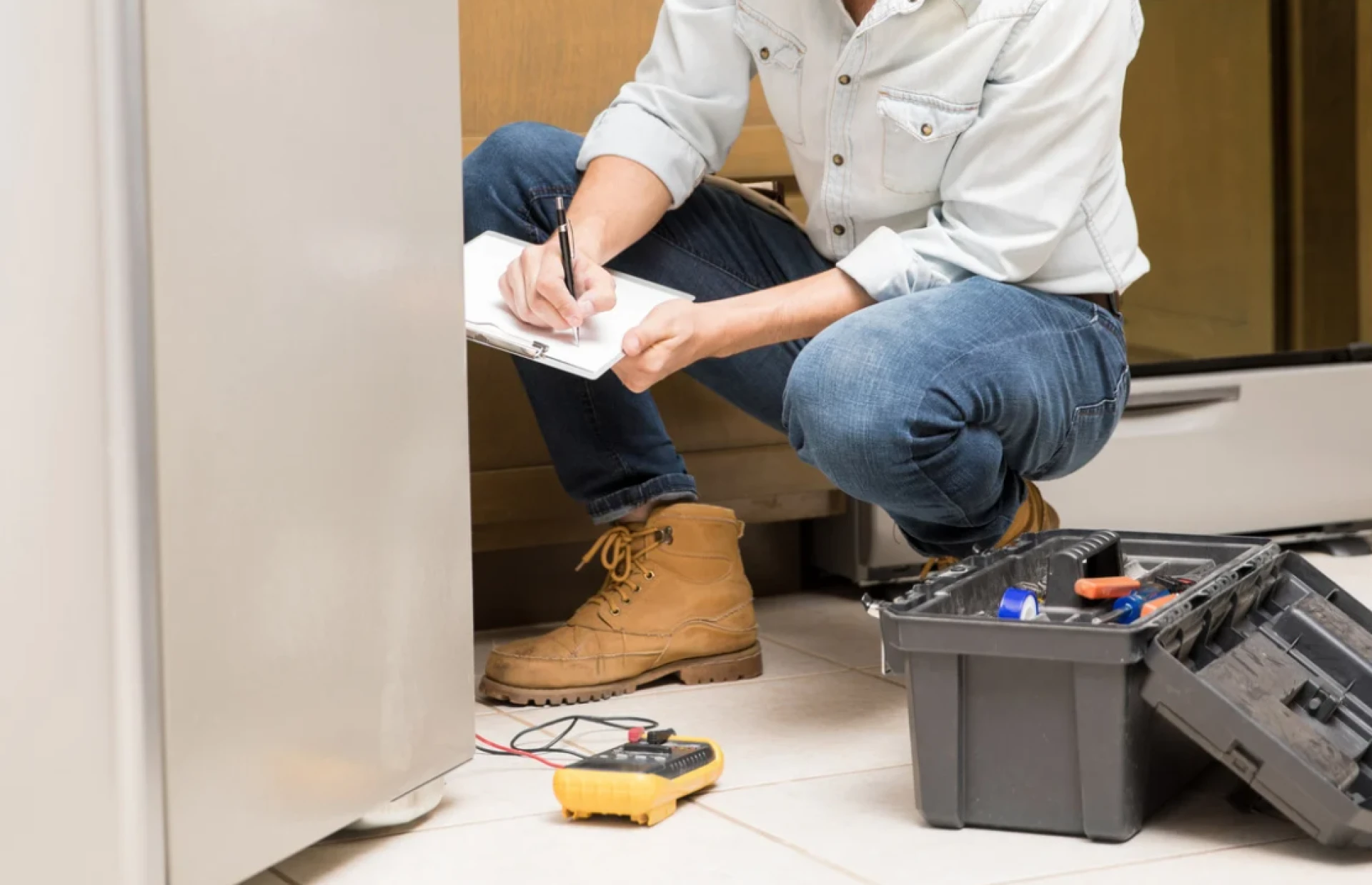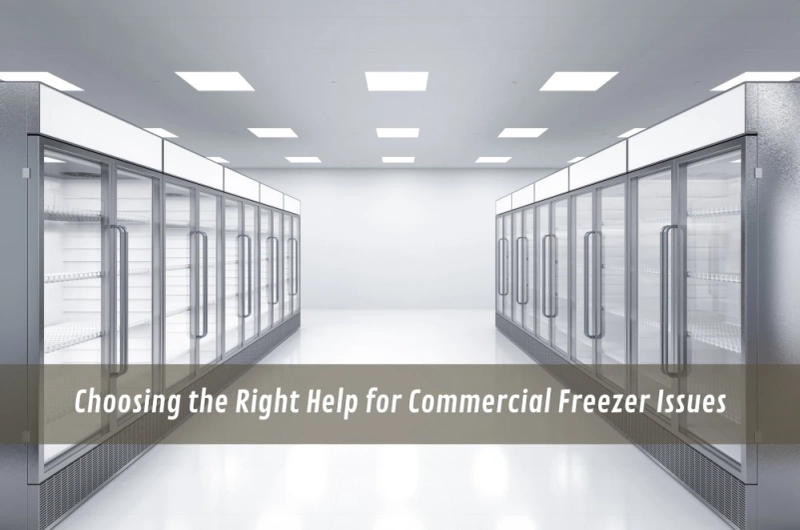When you manage a busy kitchen—or any cold storage space really—equipment issues don’t just slow things down. They derail your entire day. I’ll never forget one particular service: we were prepping for a rush, everything humming along, then suddenly, the freezer wasn’t holding its chill. It looked fine from the outside, but something felt off. The panel was glitchy. Shelves near the back had frost caked up.
We needed someone. Fast. But calling just “any” technician? That’s where it all gets messy. We needed someone who specialised in commercial freezer repair services, not just a general appliance guy. Someone who understood the pressures of food safety, busy prep cycles, and systems that get run hard all week long.
It’s more than just a repair call. It’s peace of mind when you’re running at full tilt, with no room for mistakes.
Signs your freezer issue might be bigger than it looks
You ever walk past your freezer and hear a weird buzz you swear wasn’t there the day before? That’s usually the start. Thing is, small quirks—those “oh it’s probably nothing” moments—are often the first sign of something going sideways.
Stuff I’ve picked up over time:
- Buzzing or clicking sounds, especially near the back
- Doors that don’t quite shut flush
- The light flickering or staying off entirely
- Inconsistent temperature readings
- Patches of uneven cooling, like one shelf feels half-thawed
It’s tempting to brush it off. But if your gut says something’s wrong? Listen to it. Most breakdowns we’ve had came with a warning—we just weren’t tuned in at the time.
What kind of technician actually knows commercial units?
This one’s trickier than most folks realise. Just because someone’s great with household fridges doesn’t mean they’re equipped for commercial gear. They’re not the same beast.
Here’s what I learned (sometimes the hard way):
- They should know your freezer type inside out
- Look for tools and parts meant for commercial-grade systems
- HACCP compliance knowledge is a must
- Maintenance options? Not just one-off fixes
- And if they can’t give you realistic turnaround times, be cautious
We once hired someone who spent half the visit looking things up. Nice guy, just out of his depth. The right tech doesn’t have to research your unit. They’ve seen it, fixed it, and likely know where it’ll fail next.
Reducing food safety risks through temperature control
There’s no getting around it. If your freezer dips below what’s safe, even for a bit, that’s not just a quality issue—it’s a liability.
That’s why it’s essential to be across safe food temperature guidelines. These set clear parameters around keeping food at or below safe storage temperatures, especially for items like seafood, dairy, and meats.
We had a system once that was cooling “enough” to avoid frost—but not enough to keep things stable across all shelves. That meant our proteins were cycling through unsafe zones every few hours. We only caught it when a delivery of yoghurt came back with separation. It wasn’t spoiled, but it wasn’t safe either.
And the worst part? We thought we were fine until it was too late. So yeah, don’t just rely on feel. Know your standards—and check temps more than once a day.
Small habits that keep your freezer running stronger
Not everything’s about big repairs. In fact, most of our callouts? Preventable. Once we put a few habits in place, the need for emergency fixes dropped way off.
Here’s what worked for us:
- Weekly checks on door gaskets (especially bottom seals)
- Monthly coil cleaning—yep, it gets grimy fast
- Keeping the inside organised for airflow
- Verifying thermostat settings after every power outage
One thing we started paying more attention to was our cold room maintenance practices. By putting a routine in place, we avoided the “surprise” issues that used to catch us out when it was least convenient. It wasn’t about deep servicing weekly — just being proactive about things that often slip through the cracks.
We even trained our new kitchen hands to check visual frost levels during pre-open. Took less than five minutes—and saved us days in repairs over time.

What we noticed when switching to local technicians
We’d been bouncing between different companies for a while. Big names, call centres, different techs every time. Then someone in our neighbourhood mentioned a small refrigeration outfit just a few blocks away.
That switch changed everything.
There’s something reassuring about dealing with professionals who work within your area regularly and know the types of commercial setups common to local businesses. Their local fridge repair expertise came through not just in how they handled repairs, but in how they helped prevent repeat visits. They’d spot issues others missed — like how airflow was being disrupted by the shelving layout — and offer solutions tailored to our space, not just general advice.
It wasn’t just technical skill—it was that they cared. And that shows in the long-term performance of our setup.
Final thoughts: Choose smart, not just fast
Look, when your system’s on the blink, it’s easy to panic. I’ve been there. Everything gets loud. Urgent. All you want is to get back on track.
But here’s what I learned: speed isn’t everything.
Choosing someone with experience in commercial freezer repair services is more than a technical decision. It’s about keeping your business operational, your food safe, and your stress levels low. Whether you're dealing with a flickering display or a full shutdown, the right technician makes all the difference — not just in fixing the issue, but in preventing the next one.
It took us a few stumbles to realise that. But once we did? Things ran smoother, quieter… and a whole lot colder.


